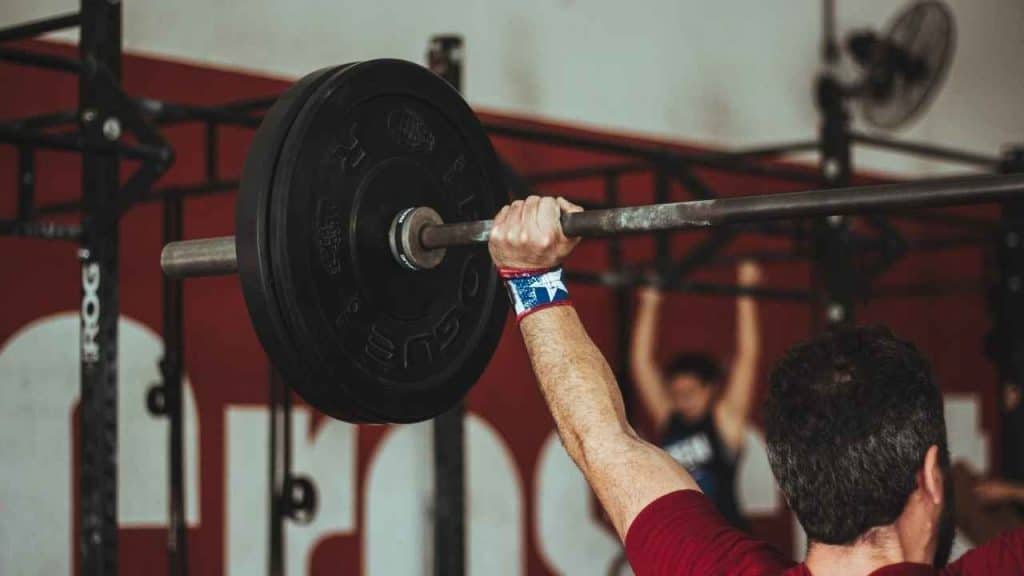When a BJJ practitioner discusses the gentle art with a non-BJJ person, they’ll probably hear some eye-rolling myths about Brazilian Jiu-Jitsu. In particular, myths about the risks of BJJ.
That’s why we’ve put together this list of the nine myths about the risks of BJJ. We will dispel these risks and tell you the truth about Jiu-Jitsu training.
BJJ Is Not For Small People
Let’s start this list of the nine myths about the risks of BJJ with one of the bigger ones. Brazilian Jiu-Jitsu is not for small people, and if you know the history of BJJ, you’d know this myth is untrue.
The creators of Brazilian Jiu-Jitsu actually designed the martial art specifically for smaller people to defeat bigger people. This is why nearly all of the fundamental BJJ techniques are performed with skill and leverage rather than brute force.
Also, if you look at some of the best BJJ competitors globally, many of them are small. So if you’re a smaller person who wants to train BJJ, have no fear because BJJ was designed for you.
You Get Punched In BJJ
The idea that you get punched in the face is a myth that people who have no idea what BJJ created. Someone who believes this probably watched a UFC event in passing and came to this conclusion.
The reality is that in the art of Brazilian Jiu-Jitsu, you will not get punched in the face. This is for two very big reasons.
You will never get punched in BJJ because striking is not taught or allowed in training. The only way that you will get hit is if you are practicing MMA and not BJJ.
This is a common myth. You will never have to worry about getting punched while practicing BJJ.
Being Choked Gives You Brain Damage

The statement that being choked will give you brain damage is a constantly-stated myth about BJJ. There was a technique developed during the creation of Jiu-Jitsu that addresses this worry, and that is the tap.
When you participate in BJJ training, you’re not being choked unconscious every time you come to class. Being choked out regularly could probably do some damage, but that doesn’t happen in Jiu-Jitsu.
If someone locks in a tight choke on a teammate and there’s no way of escaping, they’ll tap before going unconscious. This is all part of the game, and you will not receive brain damage if you learn to tap out.
You Have To Be Flexible To Practice BJJ
When you watch BJJ for the first time, you may believe that you can’t progress because you aren’t flexible. Even if you are unflexible, you can still participate in Jiu-Jitsu.
You also shouldn’t feel self-conscious about wanting to train. Some of the best BJJ athletes globally, like Gordon Ryan, confess that they are incredibly inflexible.
Even if you aren’t that flexible, you will gradually improve your flexibility by training. Every time you get on the mat and train, your flexibility will improve incrementally.
BJJ Expensive To Learn
BJJ being expensive to learn maybe a hard myth for us to expose. Especially if you train at an upscale BJJ school like a Gracie Barra affiliate gym, nevertheless, we’ll give it a shot.
Jiu-Jitsu may be more expensive depending on where you live and the cost of living there. But that doesn’t mean that BJJ in itself is expensive to learn.
Most BJJ gyms are pretty affordable if you value what’s included in their tuition. You’re learning an invaluable skill from highly trained instructors multiple times a week.
If you look at the price of a BJJ school from that perspective, then tuition is well worth the price.
You Have To Fight To Progress In BJJ

One myth about the risks of BJJ is that you have to fight to progress in the sport. We’re not sure how that myth started, but it is an incredibly false myth about Brazilian Jiu-Jitsu.
Failing to progress in BJJ due to not fighting is only prevalent in Jiu-Jitsu schools that compete at a high level. Not every BJJ school is focused on competition. For most BJJ schools, it’s actually more about learning than just competing.
There are many high-level BJJ students in numerous schools who never compete. They’re just hobbyists that enjoy attending weekly classes and learning rather than competing every weekend.
If you want to train but have no desire to compete, you can absolutely learn and progress without competing.
BJJ Is Bad For Your Joints
BJJ being bad for your joints is a topic many in the Jiu-Jitsu community constantly debate. Like any activity with aggressive physical contact, there is a risk of practicing an art like Brazilian Jiu-Jitsu.
While the movements of Jiu-Jitsu have the possibility of damaging your joints, this doesn’t mean training will deteriorate your joints. In fact, if you look at most joint injuries in BJJ, the injured person usually had a pre-existing condition.
Whether it was a prior injury, muscle imbalance, bad biomechanics, or from doing a technique incorrectly, there is a possibility that BJJ could be bad for your joints. Still, it shouldn’t be bad for your joints if you train correctly.
You Have To Train Everyday To Learn BJJ
A big myth that potential Jiu-Jitsu students may have heard is that you have to train daily to learn BJJ. This is an entirely false myth that has no weight to it at all.
You will learn more if you train every day, but that doesn’t mean you won’t learn by not training every day. An average BJJ student makes between 3-4 classes per week, depending on their work schedule and family life.
Keeping this weekly average of training time will benefit you more from learning BJJ. It may actually be more beneficial not to train every day as it allows your body and mind to rest.
Honestly, you will learn BJJ from any amount of time you put into training. The important thing is that you get on the mat and train to get better.
BJJ Is Only For Men

Maybe the biggest myth about the risks of BJJ is that Jiu-Jitsu is only for men. This myth keeps many women that want to practice Jiu-Jitsu away from the gentle art.
For the longest time, BJJ was perceived as for men only, which was true for the most part. Around 30 years ago, finding women who practice BJJ was few and far between.
Over the past decade, the popularity of BJJ has exploded. There are now more women than ever training Brazilian Jiu-Jitsu. There are even specific Jiu-Jitsu schools and programs that are just for women.
In fact, the first-ever recognized female BJJ black belt Yvon Duarte has recently received her BJJ coral belt. These facts more than disprove the myth that BJJ is only for men and actually for everyone.
Disclaimer!
After addressing the list of nine myths about the risks of BJJ, we need to address some facts about Jiu-Jitsu.
Like all martial arts, Brazilian Jiu-Jitsu training isn’t without risk.
Injuries are relatively common and almost unavoidable to the pace and movements in BJJ. Remember any time you step on a mat that you’re accepting the risk of possible injury.
BJJ Myths Busted
Most of the myths about the risks of BJJ were just assumptions made by people who didn’t do research. As you read above, it was fairly easy to dispel these myths by doing just a little bit of research.
If you’re interested in learning BJJ, go out and do your own research and never believe myths like these.
If you enjoyed our article on nine myths about the risks of BJJ, share it by hitting the button below. Click here for more articles on grappling and BJJ.




